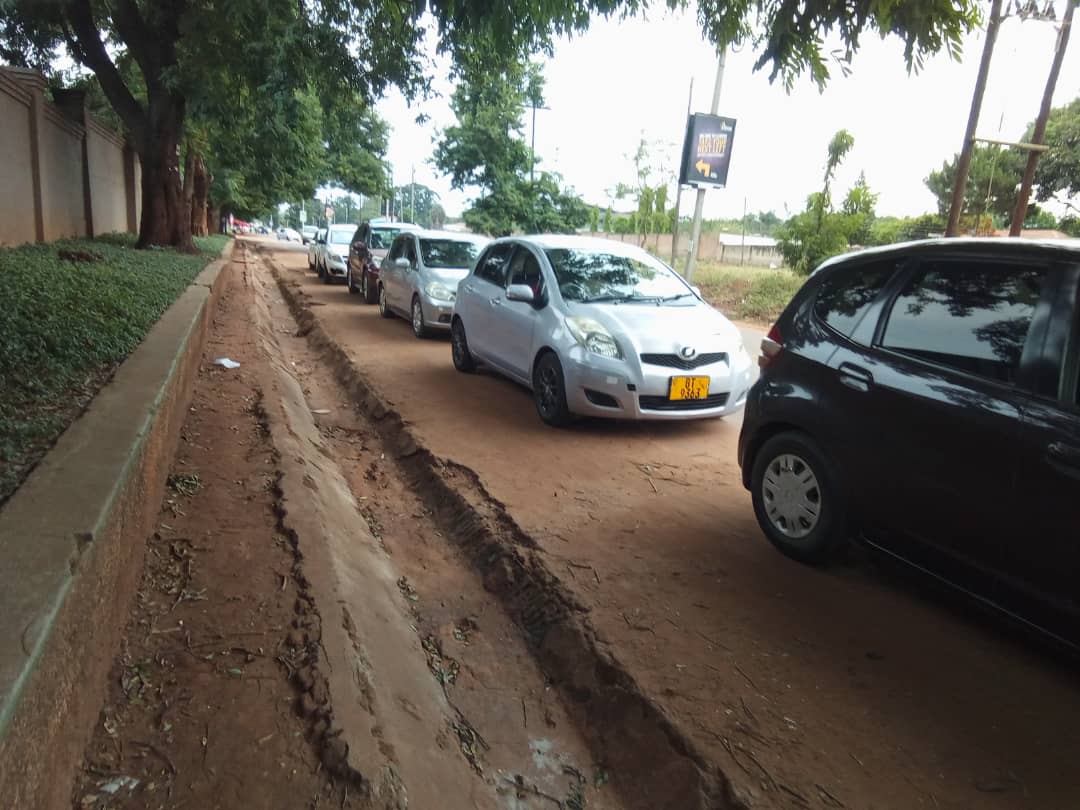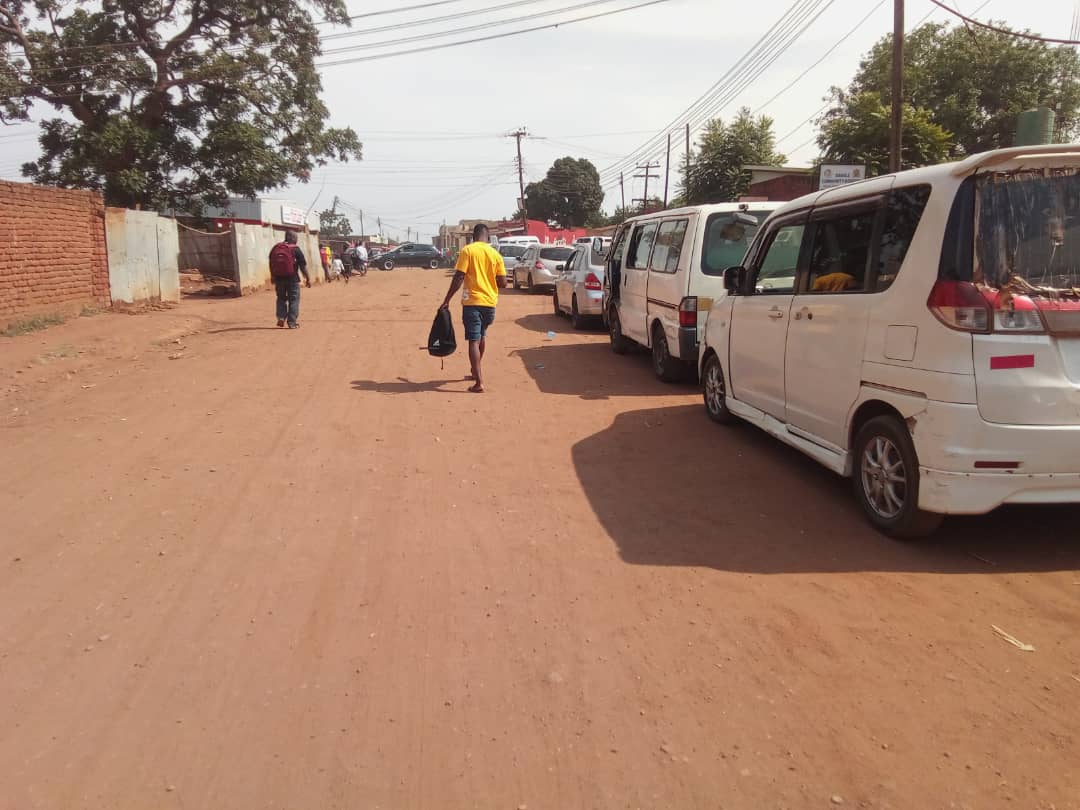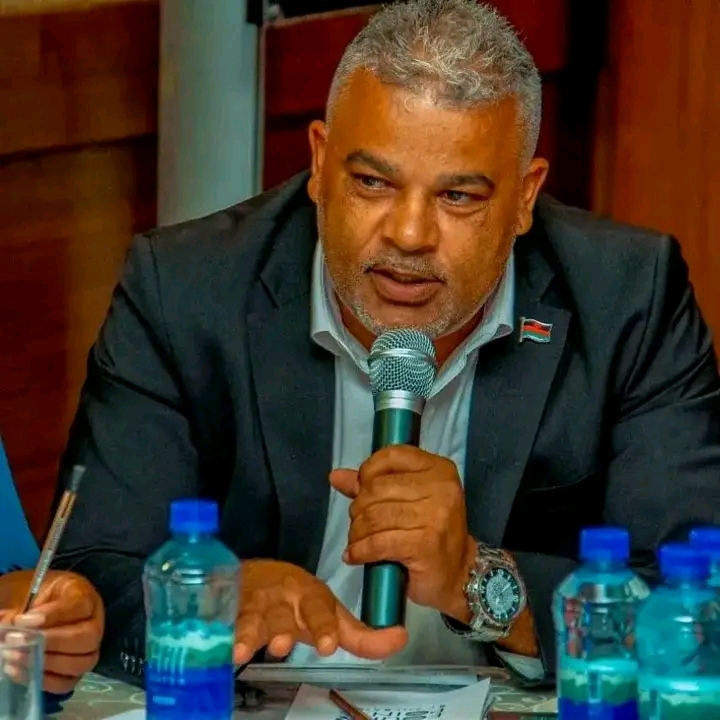By Burnett Munthali
In the capital city of Lilongwe, long queues of cars at filling stations have become a common sight, reflecting the ongoing fuel crisis that has gripped Malawi. The situation continues to deteriorate, leaving many motorists frustrated and anxious as they wait for hours to fill their tanks. This crisis is not only impacting daily commuters but also threatening the stability of businesses that rely on fuel for their operations.
The enduring nature of these queues highlights systemic issues within Malawi’s energy sector, which has struggled to meet the demands of a growing population and economy. With the government’s inability to provide a consistent fuel supply, citizens are facing dire consequences, including increased transportation costs, reduced productivity, and heightened uncertainty regarding when the situation might improve.
Reports from filling stations indicate that some motorists are spending entire days waiting in line, often leading to heated exchanges and disputes over fuel allocations. The government’s assurances about resolving the crisis have not materialized, leaving many to wonder when relief will come. The absence of clear communication from the Malawi Energy Regulatory Authority (MERA) only exacerbates public frustration, as people feel left in the dark about the status of fuel supplies and potential solutions.
Furthermore, the ongoing crisis poses significant challenges for the economy. Businesses dependent on fuel, particularly those in the transport and logistics sectors, are facing increased operational costs, which may ultimately be passed on to consumers. This inflationary pressure could lead to higher prices for goods and services, further straining the already struggling Malawian economy.
In response to the crisis, some citizens have resorted to alternative measures, including carpooling and using public transport, as they seek to mitigate the impact of fuel shortages on their daily lives. However, these solutions are not sustainable in the long term, especially as the population continues to grow and urbanize.
The persistence of long queues at filling stations in Lilongwe serves as a stark reminder of the urgent need for comprehensive reforms in Malawi’s energy sector. It is crucial for the government to take decisive action, including increasing investments in fuel infrastructure, improving distribution networks, and fostering partnerships with private sector players to ensure a reliable fuel supply.
Only through strategic planning and effective management can the government hope to alleviate the current crisis and restore confidence among the Malawian people. Until then, citizens will continue to face the daunting reality of long waits at filling stations, a symptom of a much deeper and unresolved challenge within the nation’s energy landscape.
Other news
- ACB Urged to Act on Chithyola Corruption Allegations as Public Trust Wants Answers
- Judiciary Under Siege: CDEDI Demands Immediate Resignation of Chief Justice and Attorney General Over Corruption Claims
- MCP member welcomes wholeheartedly Chilima’s new investigation
- Parliamentary Absenteeism Reaches Crisis Point: 159 MPs Skip Sitting
- Senior Citizen Urges Malawian Parliament to Strengthen Oversight After Supreme Court Finance Bank Ruling




